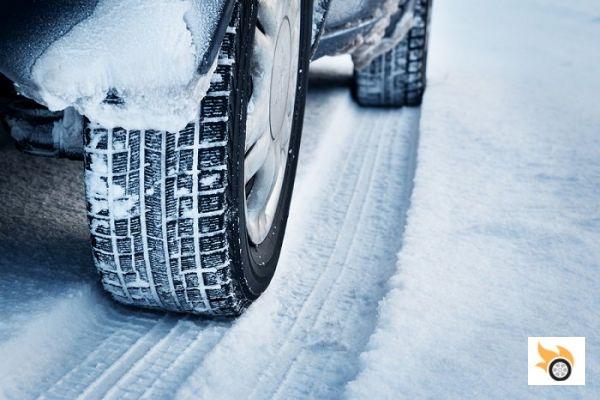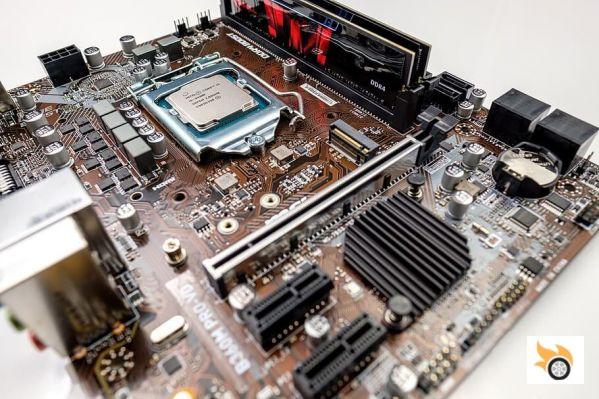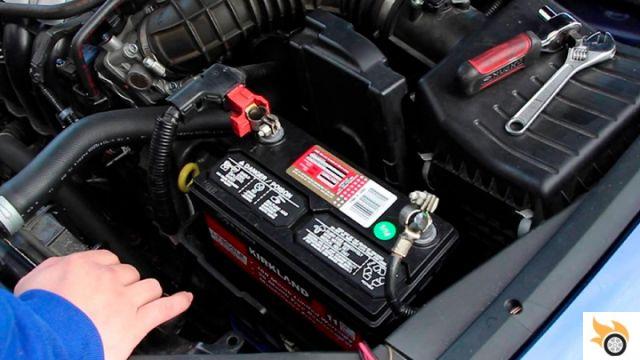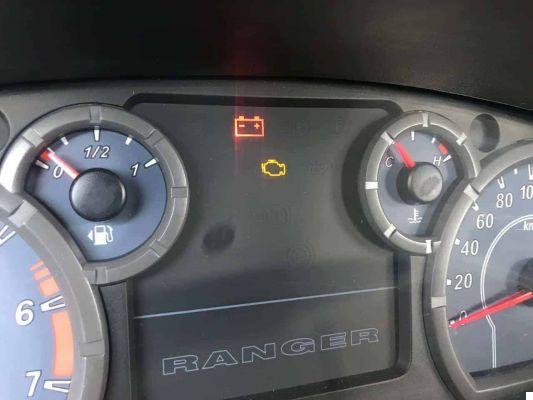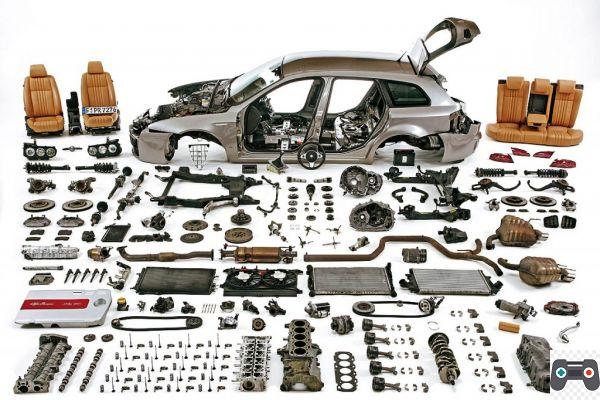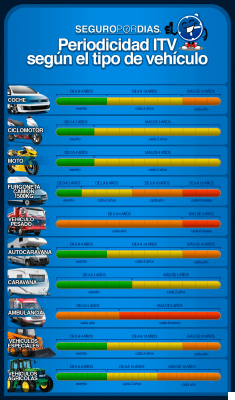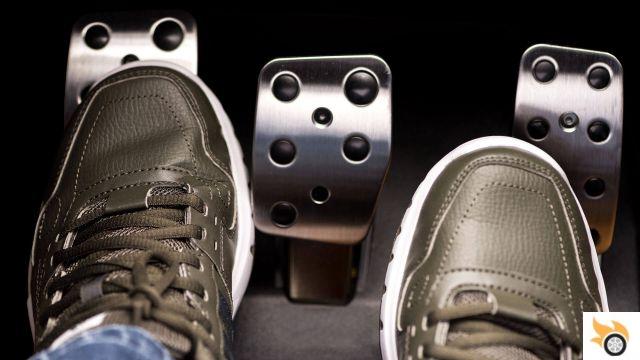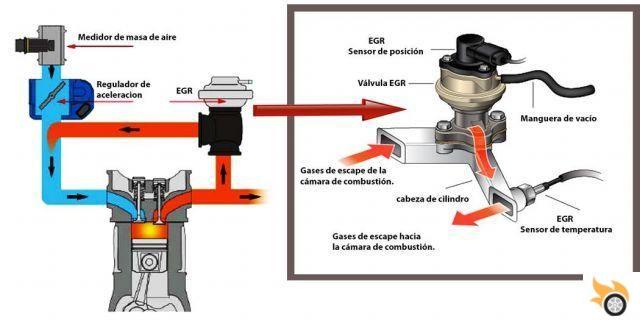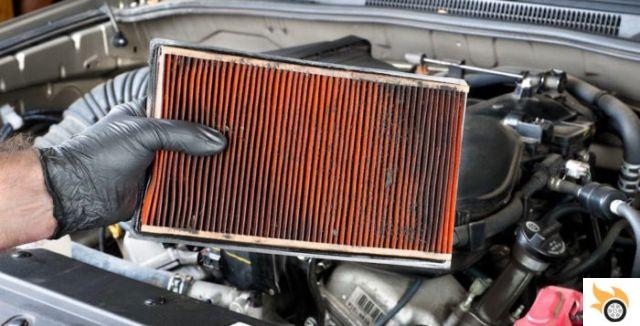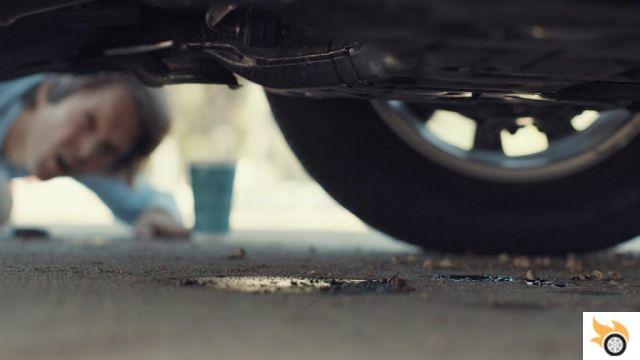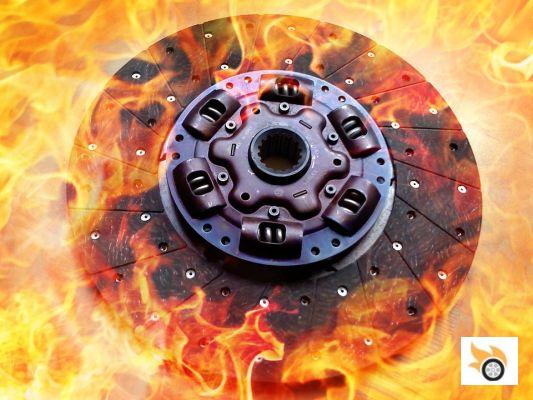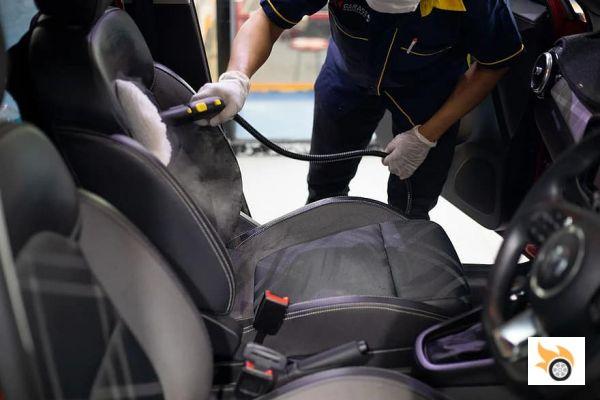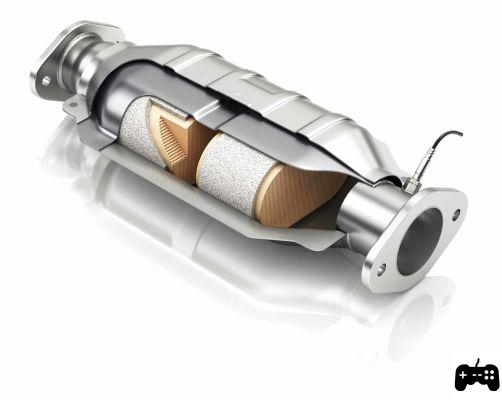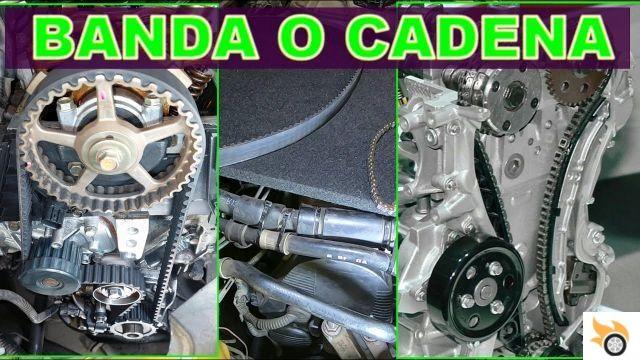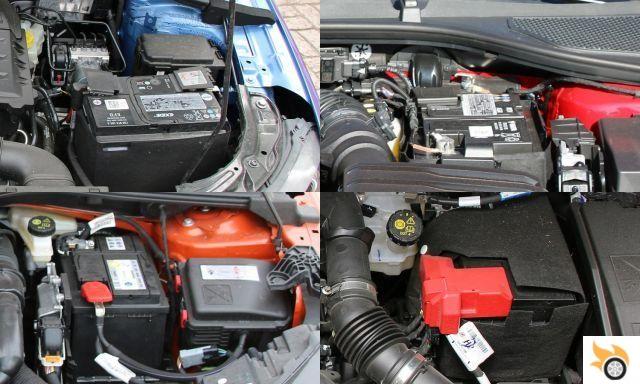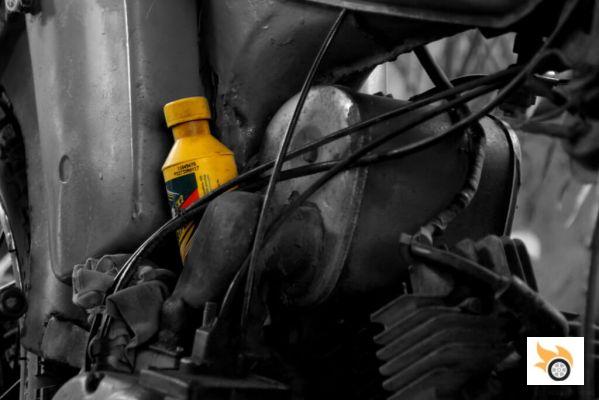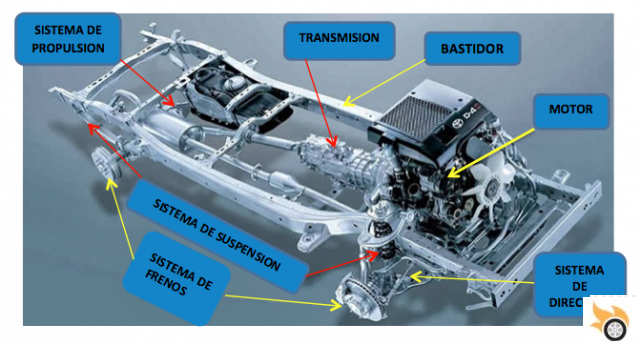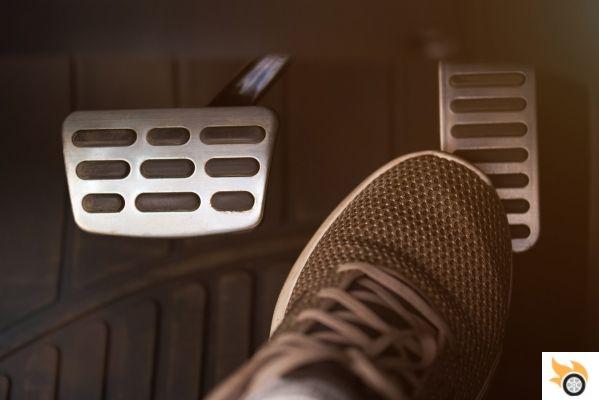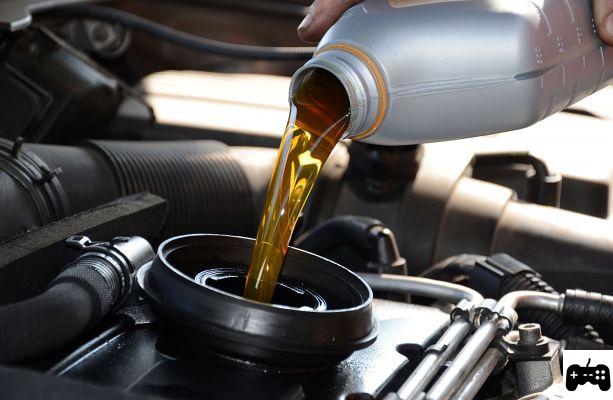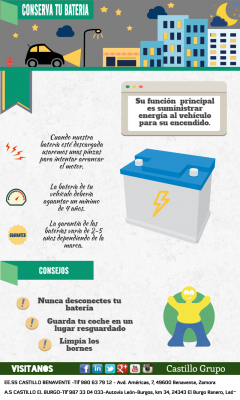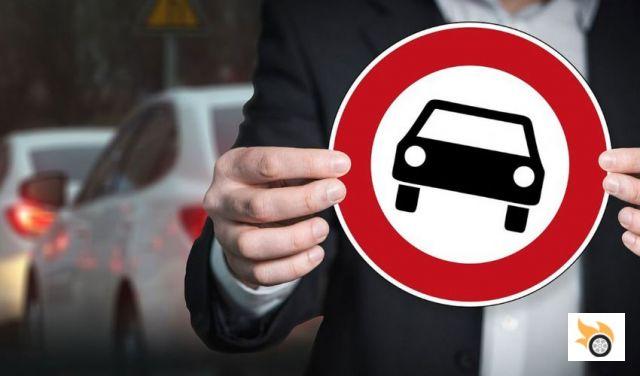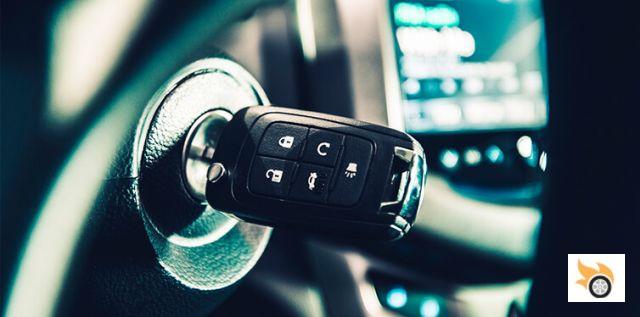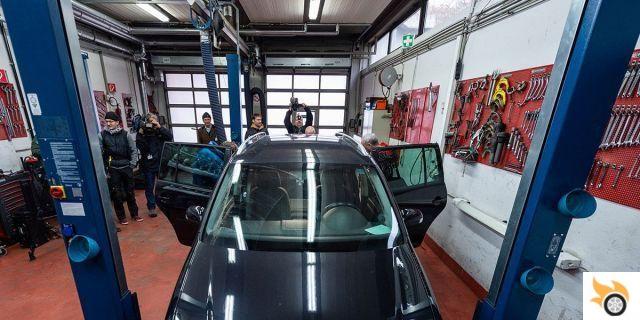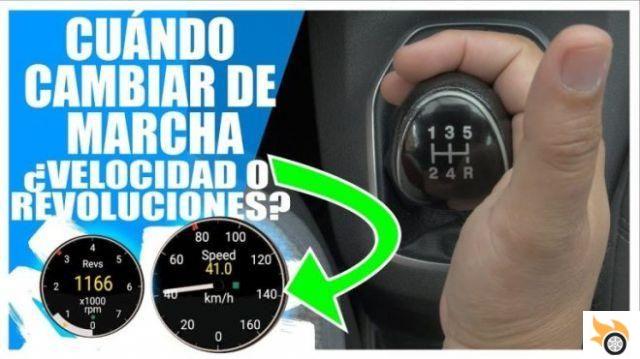
Introduction
Welcome to our article on car revs and its impact on the engine. In this text, we will address the different concerns that users have on this topic, from what revs are to how they affect the engine and how to optimize fuel consumption. Read on for all the information you need!
What are revolutions?
Revolutions, also known as RPM (Revolutions Per Minute), are a measure of how fast a car engine spins. They refer to the number of complete turns that the engine crankshaft makes in one minute. The revolutions are a fundamental part of the operation of the engine, since they determine the power and performance of the vehicle.
How does the revs affect the engine?
Revs have a direct impact on a car's engine. RPMs that are too high can cause excessive wear on engine parts, which can lead to premature wear and tear and costly repairs. On the other hand, too low revs can negatively affect engine performance and lead to inefficient driving.
Risks of exceeding the revolutions
Exceeding the recommended revs can have serious consequences for your car's engine. By doing so, you're putting unnecessary stress on engine parts, which can result in premature wear and the need for expensive repairs. In addition, excessive revs can lead to an increase in fuel consumption and pollutant emissions from the vehicle.
Risks of driving at low revs
Driving at low revs can also have negative consequences for your car's engine. This is because the engine is not working efficiently, which can result in less power and higher fuel consumption. In addition, driving at low revs can cause premature wear on engine parts, since they are subjected to greater effort to keep the vehicle moving.
Tips to optimize fuel consumption
If you are looking to optimize the fuel consumption of your car, it is important to take into account the revolutions. Here are some tips to revolutionize the car properly:
1. Know the recommended revolutions
Every car has a recommended rev range for optimal performance. Check your owner's manual or look up this information online to find the proper range for your vehicle. Keeping your revs within this range will help you optimize fuel economy and prevent engine damage.
2. Change gear at the right time
Changing gears at the right time is key to keeping revs at an optimal level. Learn to identify the moment when the engine reaches its maximum performance and change gear at that moment. This will allow you to maintain a balance between power and driving efficiency.
3. Avoid sudden acceleration and braking
Harsh acceleration and braking can unnecessarily increase revs and increase fuel consumption. Try to drive smoothly and steadily, anticipating changes in speed and avoiding sudden movements. This will help you keep the revs at a proper level and optimize fuel consumption.
Frequently Asked Questions (FAQs)
1. Is it bad to exceed the recommended revolutions?
Yes, exceeding the recommended revs can have negative consequences for your car's engine. This can cause premature wear on engine parts and increase fuel consumption. It is important to keep the revs within the recommended range for optimum performance.
2. Is driving at low revs bad for the engine?
Driving at low revs can have negative consequences for your car's engine. This is because the engine is not working efficiently, which can result in less power and higher fuel consumption. In addition, it can cause premature wear on engine parts.
3. How can I optimize fuel consumption?
To optimize fuel consumption, it is important to take revs into account. Know the recommended revs for your car, change gear at the right time and avoid sudden acceleration and braking. These tips will help you keep the revs at a proper level and optimize fuel consumption.
Conclusion
In short, the revs of a car have a direct impact on the engine and fuel consumption. It is important to keep the revs within the recommended range to prevent engine damage and optimize vehicle performance. By knowing the right revs, changing gear at the right time and avoiding sudden acceleration and braking, you can enjoy efficient and economical driving.
We hope this article has been useful and has answered all your questions about car revs and its impact on the engine. If you have any other questions or comments, do not hesitate to write to us. We will be happy to help you!
Until next time!
The Pistonudos.com team




